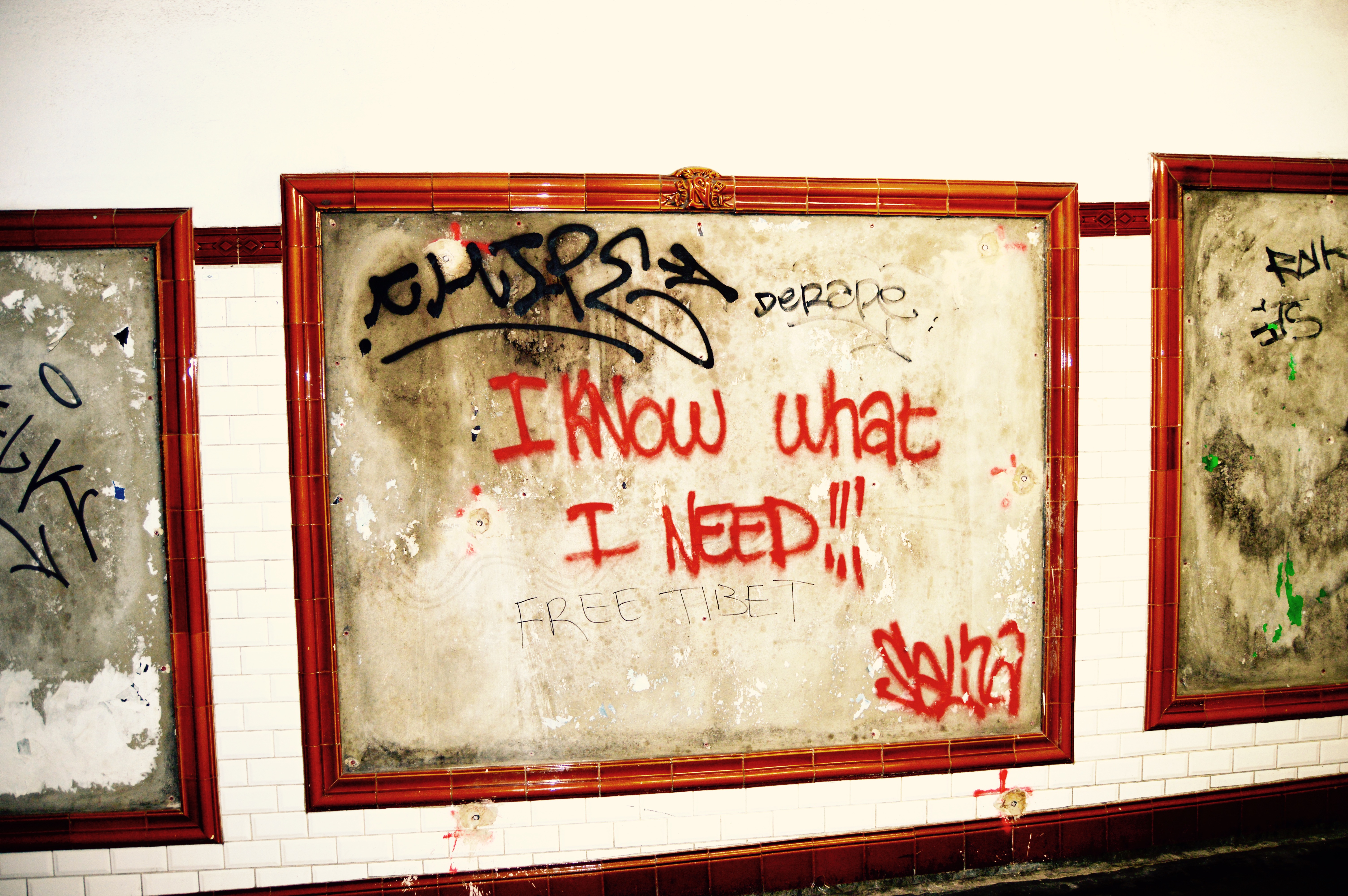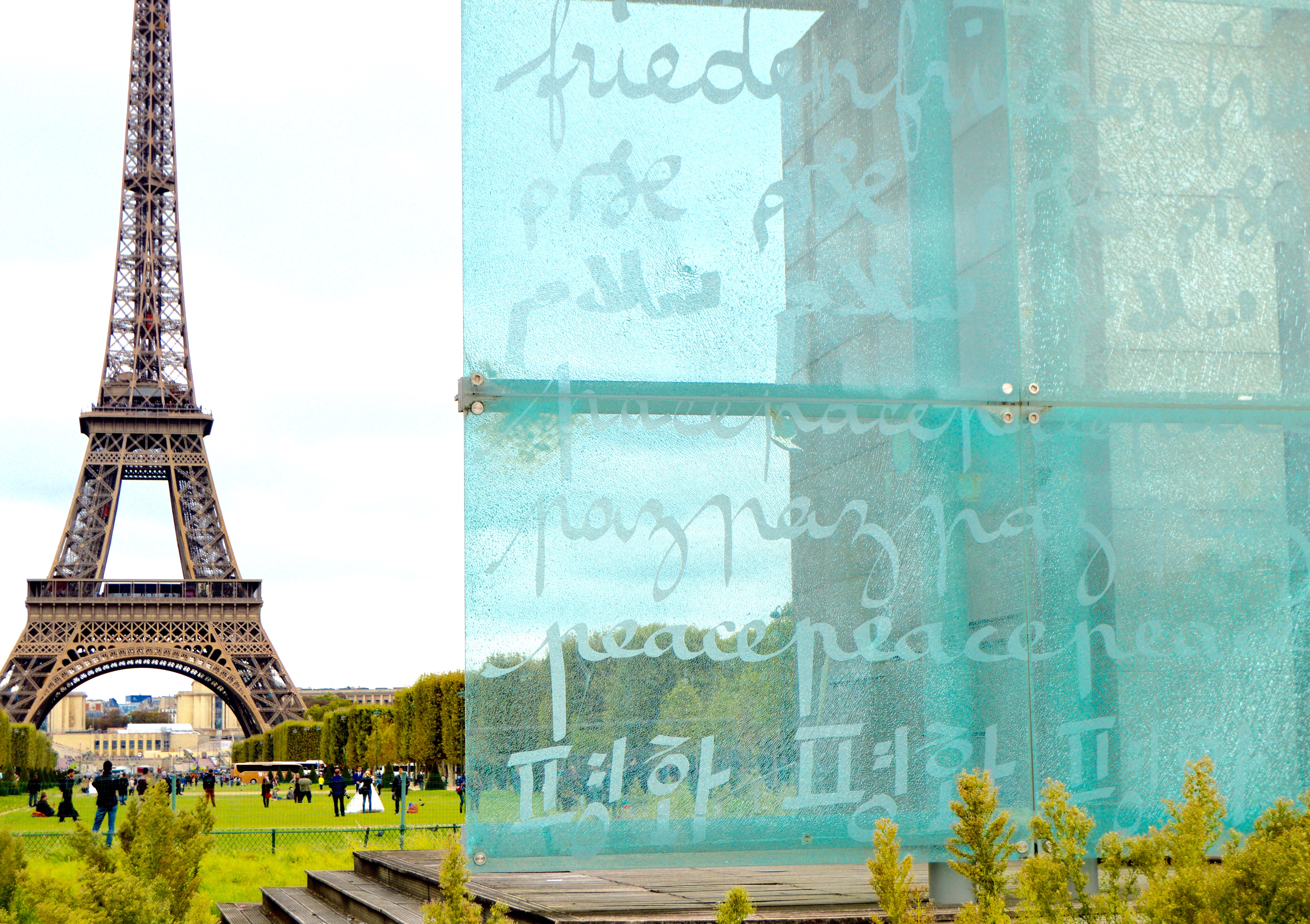
French graduates are entering the job market at a frightening time, with youth unemployment surpassing 24 percent and the competition growing ever-more fierce. Many Muslims, who live on the fringes of disadvantaged areas, face yet another battle—they are viewed by financially worried peers as the 'foreigners' stealing their jobs. French youth are facing a job-market identity crisis: What does it mean to be French? Who is competing with whom?
"Young people are looking for a more visible enemy, and the more visible is always the one who is different," says Mahmoud Bourassi, who oversees the structure of a youth center in the largely Muslim suburb of Bondy. "If you keep telling them that that minority is the reason they can't get a job, they will begin to believe it…Thus, Muslims pay two bills: the bill for a bad economy, and the bill for being believed responsible for it."
For these young Muslims, often located in financially insecure areas where social tension is strong, being viewed as threatening foreigners is a gross injustice to their French nationality. Many are third, if not fourth generation citizens. But the consequences run deep. Muslim candidates applying for a job in France are 2.5 times less likely to be called back for that job based on a name or address on their resume which implies they are Muslim, according to a recent Stanford, La Sorbonne, and UC San Diego study.
France is thus faced with the reality of a very real workplace discrimination issue. "Lack of opportunity causes Muslims to withdraw from society; isolation causes them to receive fewer opportunities," explains Yasser Louati, head of International Relations at the Collective Against Islamophobia in France.
Whether this socioeconomic tension stems from areas with underfunded schools, under-qualified job applicants, discrimination, or language barriers at home is extremely relative from individual to individual. But the resulting tension can be felt strongly by both Muslims and non-Muslims in underprivileged suburbs.
"The Muslim community in Nanterre is not satisfied—they are poor, they are angry at France, despite the fact that France gives them many benefits, which they often don't realize," says Dr. Yannick Jubault, who works as a general practitioner in Nanterre, a suburban district, or banlieue, of Paris. "If you ask them whether they feel French, they will usually associate first and foremost with the Maghreb country of their heritage."
Socioeconomic unrest and identity issues are not the only results of Muslim unemployment. A burden is also placed on religious cohesion. For many, any resentment felt by French citizens toward their Muslim counterparts is not religious in origin, but rather a frustrated sense of their being an economic burden on society.
"The French are a little frustrated [with the Muslim population], yes, but not for religious reasons," said Jubault. "The population here is a Muslim population which is largely underprivileged, many illiterate in French, and the majority here benefit from CMU [a French system of health care coverage for those not already insured through their employment]. This creates dissension, it creates jealously."
Thus the question must be asked—are discriminatory employers a major cause of Muslim unemployment? Is this employment issue catalyzing religious tension?
"[Underprivileged Muslims in Bondy] are a minority who have folded in on themselves, who in reality live on the margins of society, who feel abandoned by society, and who are going to react by closing themselves off and depending upon one another," said Bourassi.
Bourassi stresses a crucial point—this is not the case in all of Paris or France. That disparity suggests much religious tension truly does stem from economic issues.
"It is a reality [here], though it is not representative," said Bourassi. "It is related more closely to socioeconomic factors, and it is not necessarily linked to a desire to isolate oneself and to not live in accord with society."
Dr. Jubault agrees, noting that isolation represents a major stumbling block to improving the socioeconomic status of Muslims in Nanterre.
"For there to be a change it would require that these people become more integrated with a socioeconomic group which is better off," said Jubault. "Currently, they are all grouped together, they do not go towards the other. By them living all together, it has become like a ghetto [in Nanterre]."
That some Muslims feel they lack opportunities may stem from a variety of issues. First, education in the Parisian banlieues, where many Muslims are concentrated, can be lacking in quality. Furthermore, even when quality is sufficient, many young Muslim students from underprivileged backgrounds won't receive the parental guidance to ensure they prioritize their education and receive their diploma.
Detangling the relationship between underprivileged Muslims' isolation and the socioeconomic challenges they face requires facing France's workplace identity crisis—that is, who, in such a diverse country, constitutes a foreigner?
When asked whether young Muslim French citizens are regarded by others as foreigners, Jubault saw it as relative, yet again, to economic circumstance.
"That is certainly the case in a ghetto-like area like Nanterre, but I don't think that is the case in other areas," said Jubault. "In other areas young Muslims feel quite integrated. Here it is because the level of living is excessively low. It is relevant to the situation. It is not because they are Muslim. It is caused by poverty, not religion. This religion does not pose problems in these areas."
Amid the migrant crisis, resentment towards anyone perceived as a foreigner has the potential to grow. Thus, Europe's migrant influx could present an issue for French Muslims viewed, despite their citizenship, as foreigners.
Some wonder if workplace discrimination may also be augmented by legal and political rhetoric becoming increasingly Islamophobic.
In a 2013 French court case commonly referred to as "Baby Loup," a Muslim women was fired from the nursery where she worked for refusing to remove her veil. The courts in which she sued her employers for wrongful termination upheld the employers' decision, stating that the private nursery's 'public service mission' enabled it to 'impose neutrality' on its employees.
For some, this secularization of the workplace represents a critical protection of the French separation of Church and State known as 'Laïcité'. For others, it represents the mainstreaming of Islamophobic political discourse which causes Muslims to be 2.5 times less likely to be employed than non-Muslims.
French research agency BVA produced a poll following the court decision showing 80 percent of respondents to be in favor of the court's decision. These respondent's felt still more strongly, supporting the extension of France's ban of ostentatious religious symbols to private workplaces.
Ultimately, understanding the relationship between discrimination against Muslim employees, resentment towards the socioeconomic status of some French Muslims in banlieues, and the isolation of that community may reveal that the three are unavoidably interrelated.
In the eyes of Bourassi, the only solution is to view discrimination as a legal infringement, not an inevitable attitude.
"We must fight more courageously against discrimination," said Bourassi. "Because discrimination is not just an attitude…The law needs to punish more firmly, more severely, employers who engage in discriminatory practices."




